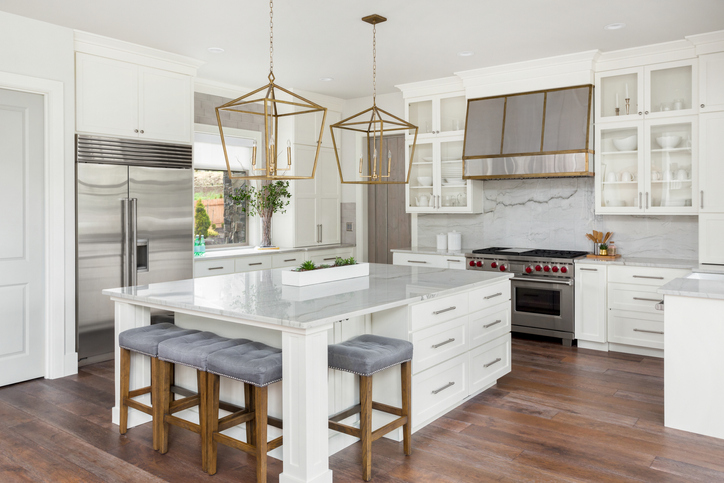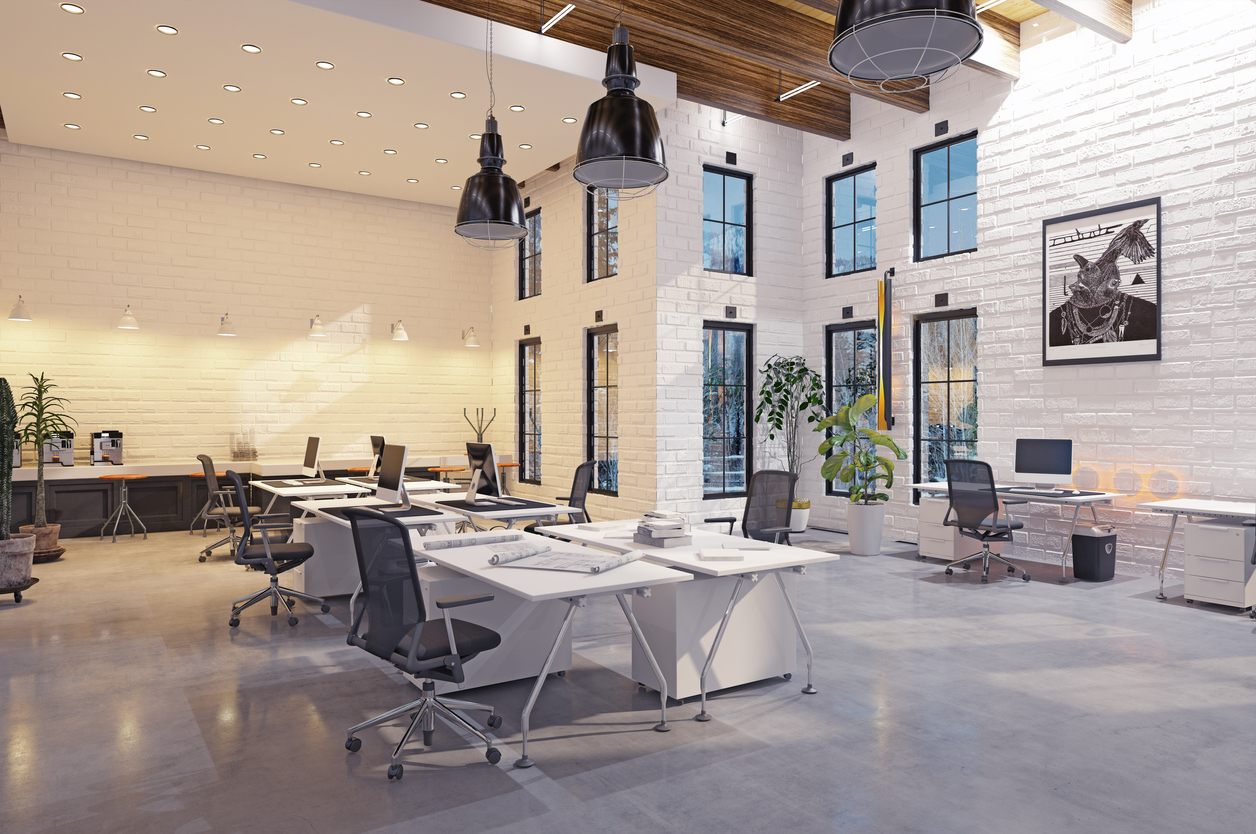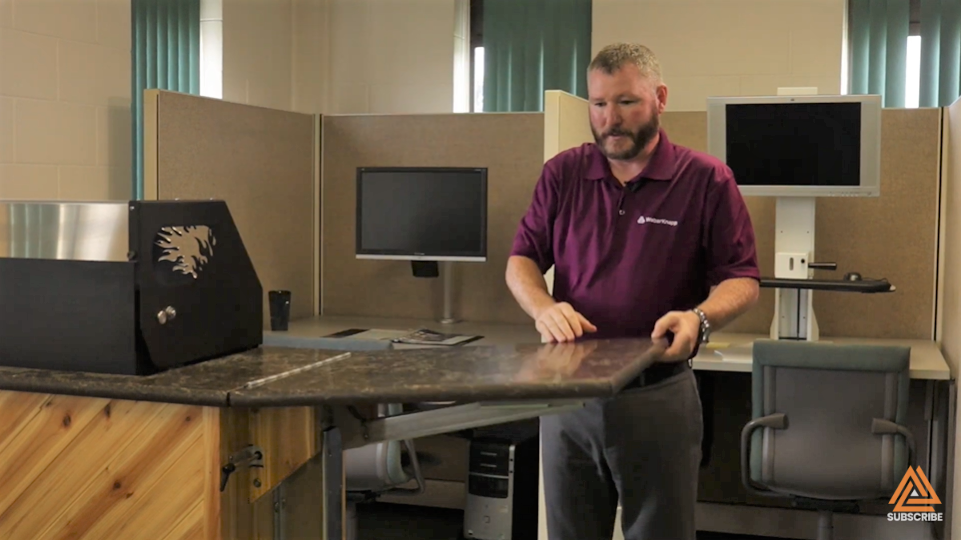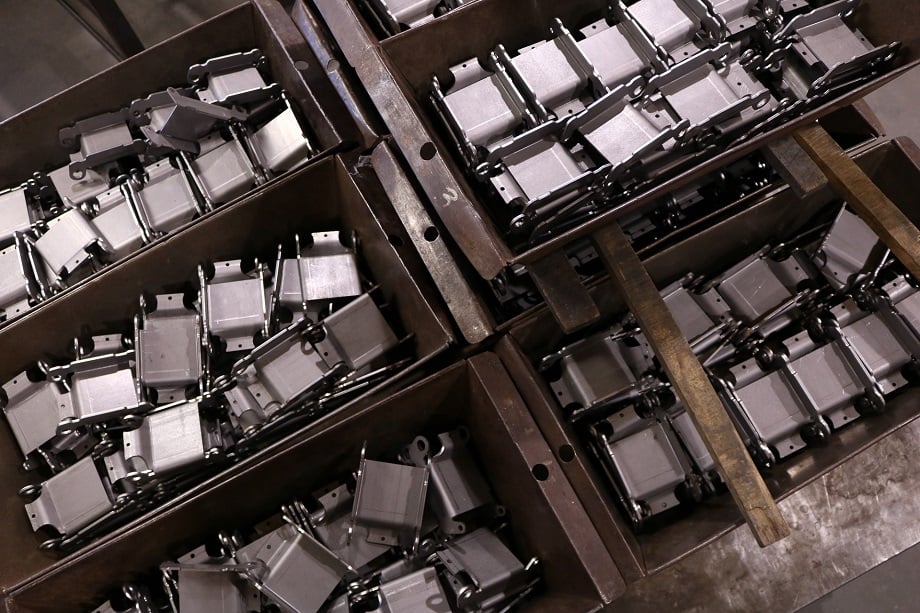Motion control design prototypes offer a fairly long list of benefits. Some are obvious, others not so much. The advantages of motion control prototyping include:
- Makes the product cheaper in the long term
- Cuts down on lead time
- Proof of concept
- Hands-on lesson in design and assembly
- Helps with large-scale, full-product prototyping
- Helps get product certification before investing in tooling
- Early buy-in from sales and marketing
- Enhance safety
|
Prototypes validate designs. Just as -- or possibly more -- important, they validate designs before they go into production.
Read More
Topics:
Motion Control,
Design,
Engineering,
Testing & Prototyping
Have you ever looked at your grill design and thought, “I wish this lid wasn’t so heavy and didn’t slam whenever I let go?”
Read More
Topics:
Motion Control,
Counterbalance Hinge,
Grill,
High End Grill,
Hinges,
Smoker,
Smoker Grill,
Food Industry,
kitchen
The post-COVID-19 traveler wants flexibility.
To keep up, hotel furniture design is trending toward multifunctional spaces and furniture. Gone are the days when a room or piece of furniture was used for a single purpose. Hotel rooms have become personal gyms. Hotel lobbies are meeting spaces. Even beds transform into a workstation.
After the hard hits the hospitality industry took during the pandemic, hotels that thrive post-pandemic will be those that creatively evolve with changing health concerns and guest priorities.
Read More
Topics:
Ergonomics,
Counterbalance Hinge,
Engineering,
hospitality,
trends,
Hospitality Furniture
Sleek.
Spacious.
Bright.
Clean.
Read More
Topics:
Applications,
Hinge
| Thanks to counterbalance hinges, which make moving pieces easier by using a countering torque, several space-saving measures can be integrated to enhance your outdoor furniture including:
- Hide-away picnic tables
- Fold-down benches and chairs
- Pass-through bars and counters
|
Read More
Topics:
Design,
Counterbalance Hinge,
Smoker,
Food Industry,
kitchen,
Smokin' Ugly
The way people work is changing, so the modern office (or home office!) should change to accommodate employee habits.
If you’re considering new office furniture, it's essential to think about what your office needs. Do you need durable pieces that will last for years? Do you want to prioritize comfort and ergonomics?
Read More
Topics:
Durability,
Aesthetics,
office equipment
Product improvement and differentiation should be a priority for anyone involved with an ongoing project.
One of the best ways to do that? Do something the other guys don’t have the know-how or big-picture vision to do.
Read More
Topics:
Counterbalances,
Applications,
Ergonomics,
Motion Control,
Design
Today “motion control” implies automation, robotics, and electronics. But you’d be amazed at what you can achieve when you combine old-fashioned mechanical engineering with a creativity-minded manufacturer.
Read More
Topics:
Counterbalances,
Applications,
Ergonomics,
Motion Control,
Design,
Lid Support,
Vectis,
Durability,
Safety,
Food Industry,
kitchen,
hospitality,
office equipment
So your next design – be it a dishwasher, smoker, tanning bed, refrigerator, or another piece of equipment – needs the support and reliability of heavy duty industrial hinges. You’re working on your hinge design calculations and material specs, and things are getting complicated.
Read More
Topics:
Counterbalances,
Motion Control,
Design,
Engineering,
Hinges,
Lid Support,
Finishing,
Durability,
Aesthetics,
Safety
4 Reasons Why Office Ergonomics is Important
- A healthier staff
- More productive workers
- Fewer workplace injuries/fewer workers’ compensation claims
- Boosted employee satisfaction and morale
|
The Great Resignation has forever changed the workplace. It doesn’t matter if you’re hiring for an office environment, a healthcare setting, or a manufacturing floor, many employers are facing labor shortages. In fact, more than 40 percent of the workforce is weighing employment options.
Keeping employees happy and healthy may be more important than ever.
Read More
Topics:
Ergonomics,
Safety,
office equipment
.png?width=12000&height=2033&name=WeberKnappLogo_white%20(1).png)









